TAKE ACTION!
FDA Spy Program Documents Linked Here
As reported in today’s Washington Post, six current and former employees of the Food and Drug Administration (FDA) have filed a complaint against the FDA in U.S. District Court. The employees are seeking an injunction to stop the agency from illegally spying on employees’ private communications to Congress and other oversight agencies.
Linked here are key documents related to this lawsuit and the FDA’s spying program.
The complaint details how the FDA targeted its employees with a covert spying campaign that lasted for two years. The FDA began the program after learning that the employees wrote a letter to President-Elect Obama and his transition team in early 2009 detailing government misconduct in approving unsafe medical devices. The Agency installed (or activated) spyware on their workplace computers and used other technology that to monitor their password-protected Gmail-to-Gmail communications.
In addition to reading the whistleblowers’ emails, the FDA took contemporaneous screen shots of the employees’ computer screens. Managers used the collected information to learn the identities of confidential whistleblowers and to obtain the details of the public health and safety concerns the whistleblowers intended to disclose to the Office of Special Counsel, Congress and the Agency’s own Inspector General.
The FDA also intercepted email communications to and from staff members of the House Committee on Energy and Commerce and the Ranking Member of the Senate Finance Committee. These Congressional intercepts are linked here.
The FDA’s prolonged covert monitoring of the whistleblowers continued even after the HHS Office of Inspector General denied the FDA’s request to take any criminal and/or administrative action against the whistleblowers. In their letter of refusal, the OIG explicitly informed the FDA that the whistleblowers’ communications to Congress were protected under law.
The managers who spearheaded the surveillance efforts were the same managers involved with the wrongdoing and corruption that the whistleblowers were seeking to report. Lawyers at the FDA and HHS Offices of General Counsel, who should have understood that the program breached the employees’ confidentiality, helped FDA managers with their obstruction and retaliation.
In their lawsuit, six FDA whistleblowers who were fired by the agency (including two highly respected medical doctors, a Branch Chief, a former Health and Safety Officer employed by the Public Health Service and a 23-year FDA career M.D./Ph.D Scientist) are requesting a nationwide injunction prohibiting the federal government from targeting whistleblowers with selected surveillance and monitoring.
The lawsuit alleges that such targeted monitoring of whistleblowers violates their First Amendment rights of freedom of speech and association.
Stephen M. Kohn, NWC Executive Director and attorney for six FDA whistleblowers, issued the following statement:
The FDA declared war on employees who were trying to warn Americans about threats to public health and safety.
Targeting the employees who raise health and safety concerns—or who try to report waste, fraud and abuse to the proper authorities—will have a massive chilling effect on employees.
The FDA’s illegal spying program is not just a problem for the six victims in this case. The day we allow the government to spy on employees based on their lawful whistleblower activities is the day we give up privacy for every honest public servant in America.
If permitted to stand, the FDA’s whistleblower surveillance program will be used by government agencies throughout the United States to silence employees who want to report misconduct. Those who are not silenced will be subjected to years of intrusive covert spying designed to dredge up embarrassing information that the agencies can use to destroy the whistleblowers’ reputations and careers.
Today, the NWC issued an Action Alert seeking public support for the FDA whistleblowers and demanding an end to the federal government’s targeted and selective surveillance of whistleblowers.
The NWC obtained the intercepted emails as a result of a lawsuit filed under the Freedom of Information Act and from documents produced by the FDA as a result of administrative actions taken against three of the whistleblowers.
Links:



